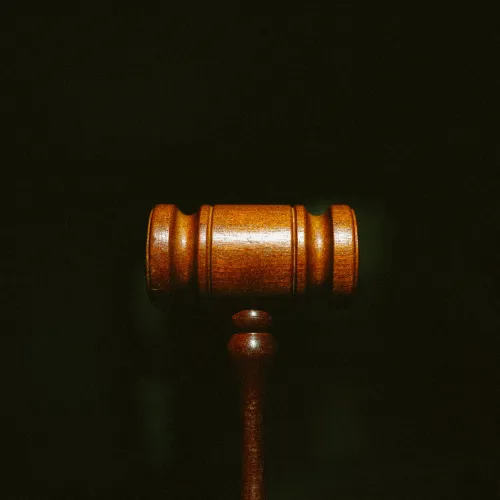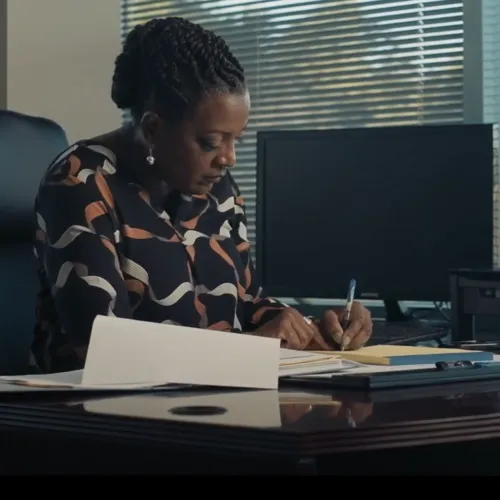Call (678) 879-9000 or Schedule a Free Consultation to inquire about our Flat Fee & Subscription Plan offerings.

Child Custody Modifications

Child Custody Modifications in Georgia
Circumstances change over time and your original custody and visitation order may no longer reflect the current picture. After a determination of child custody has been made by the court, it is still possible to go back and change/modify that child custody arrangement. This can only be done if certain conditions are met. The parent seeking to modify custody must show that new and material conditions exist which substantially affect the interests and welfare of the child since the rendering of the initial custody decision. Essentially the new parent must show that things have changed and those changes substantially affect the interests and welfare of the child involved. It is important to note that any changes in custody and visitation must be shown to be in the best interests of the child involved. The law doesn't define what exactly counts as a substantial change in conditions. This is done on a case by case basis. One scenario that may necessitate a modification is when one parent moves or relocates making custody and visitation more difficult. You can read some other examples below.
What is the Child Custody Modification Process?

Filing a Child Custody Modification
If you feel that your current child custody order governing your child custody arrangement needs to change, you can file a child custody modification action. To file a child custody modification action you first need to make sure that:
- There has been a change in condition;
- The change of condition substantially affects the interest and welfare of the child, and the changed condition is material; and,
- The change of condition is shown with new evidence occurring since the last prior award.

Substantial Change in Conditions
To win a child custody modification, there must be a showing that a change in condition or circumstance that substantially affects the welfare of the child involved has occurred. To change a prior child custody award, a court must find that either the original custodian is no longer able or suited to retain custody or that the conditions surrounding the child have changed to the extent that the child's welfare is affected and the welfare of the child requires a modification of the original award.

Best Interests of the Child
Once you you present evidence of a substantial change in conditions, you must next present evidence that the terms of the change in custody are in the best interest of the child involved. The court involved must apply the best interests of the child test. The court may not automatically presume in favor of the parent who currently has custody. What this means is that in a case concerning the modification of child custody, the parent who currently possesses custody will not be granted the right to retain custody automatically. Though the court will consider the fitness of the parent originally awarded custody, it not necessary for that parent to be found an unfit parent before a court will modify a pre-existing custody order.

Changing the Custody Arrangement
Upon the appropriate evidentiary showing, the court may change custody by awarding either parent sole custody, or by awarding the parents joint custody, joint legal custody or joint physical custody. A court may also modify visitation rights in the context of a modification proceeding if the court deems that such a change is necessary. The presiding court may make such a modification to visitation rights on its own motion, without either party making a showing or application for such a modification. As with the initial determination of custody, courts will only enter an order modifying child custody if such an order will serve the best interest of the child involved.

What is a Substantial Change in Conditions?
Georgia law does not specify exactly what substantial change in conditions will qualify for a child custody modification. We know that the change in conditions must substantially affect the interest and welfare of the child, and the changed condition must be material. Courts make this determination on a case by case basis. In the past, courts have upheld several different reasons for child custody modifications. Please feel free to click below to read some examples of a substantial change in conditions.
Can I Modify Custody Without Going to Court?
Informal modification of child custody without a court order is possible, but there are some things you should know before going this route. Life is unpredictable so it is common for co-parents to work with each other and make informal changes to the court ordered custody arrangement. This is typically done by altering certain visitation days to accommodate schedule or work changes. Parents may also agree to make changes concerning which parents will pay for a particular activity or who pays for a particular activity. However, remember to always keep in mind that although these changes were agreed upon by the parents, they are not considered formal changes approved by the court - therefore, neither parent is legally bound to keep their word on the changes or even go through with the changes.
What Happens if a Parent Moves or Relocates?
It is common for parents to move or relocate for work or for personal reasons. Relocation can change the situation with regard to custody, time with the child, and visitation. Depending on the distance, there might be a real need for a modification of custody. Relocation cases are decided on a case by case basis. It is important to note that in cases involving the relocation of the custodial parent, the primary consideration is the best interest of the child or children involved. Courts will not presume that the relocating parent will always lose custody nor is there a presumption in favor of the relocating parent. Courts will use several factors in their determination regarding a change of custody resulting from the relocation of one parent. Click below to read more about the factors courts will use regarding relocation.






